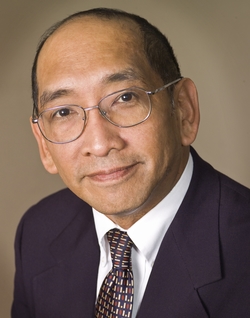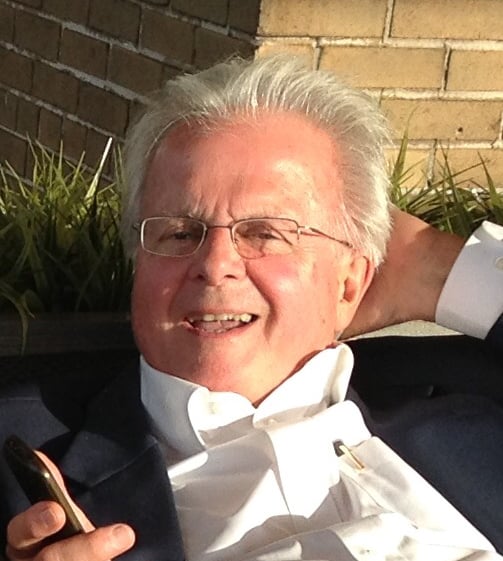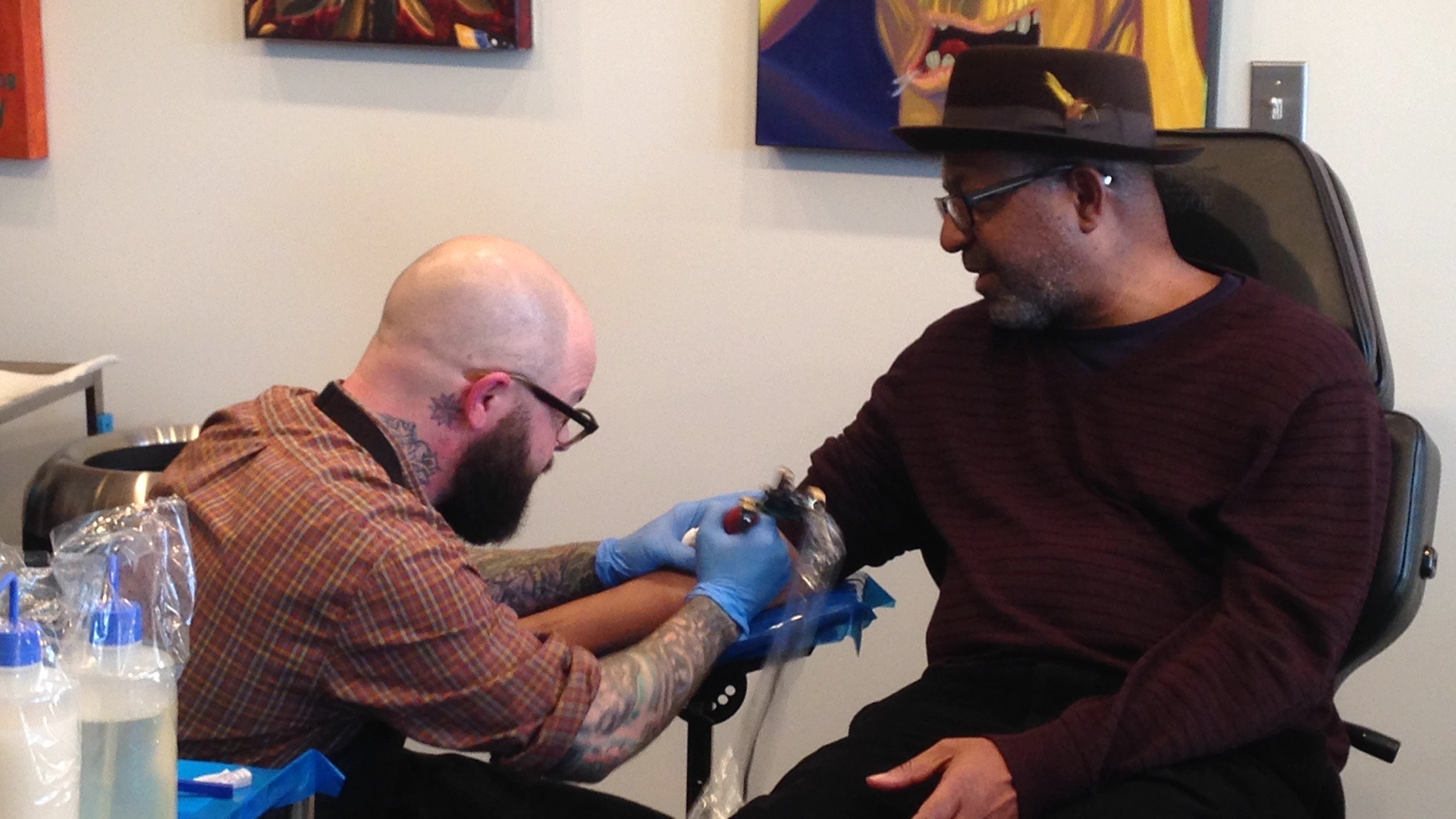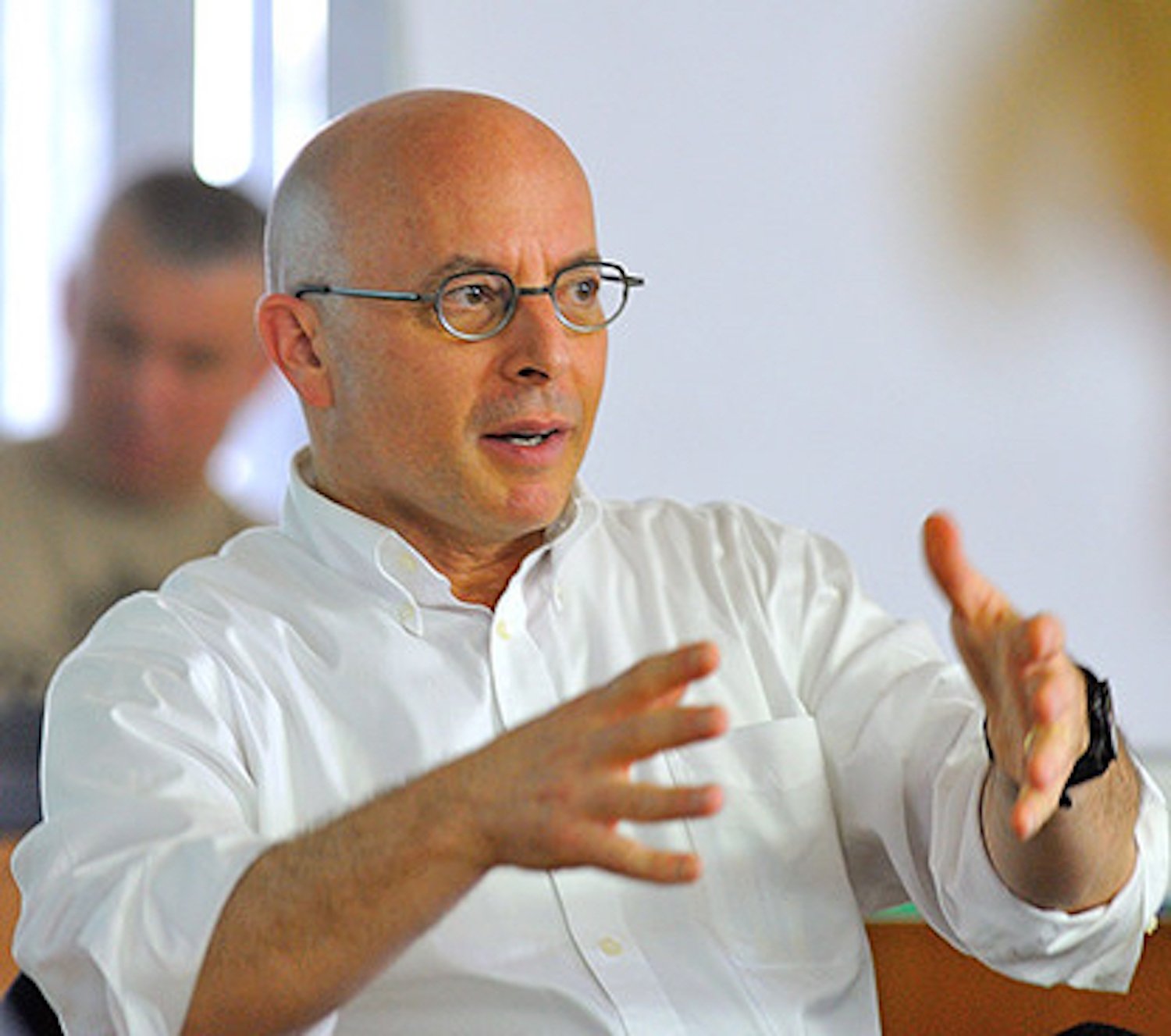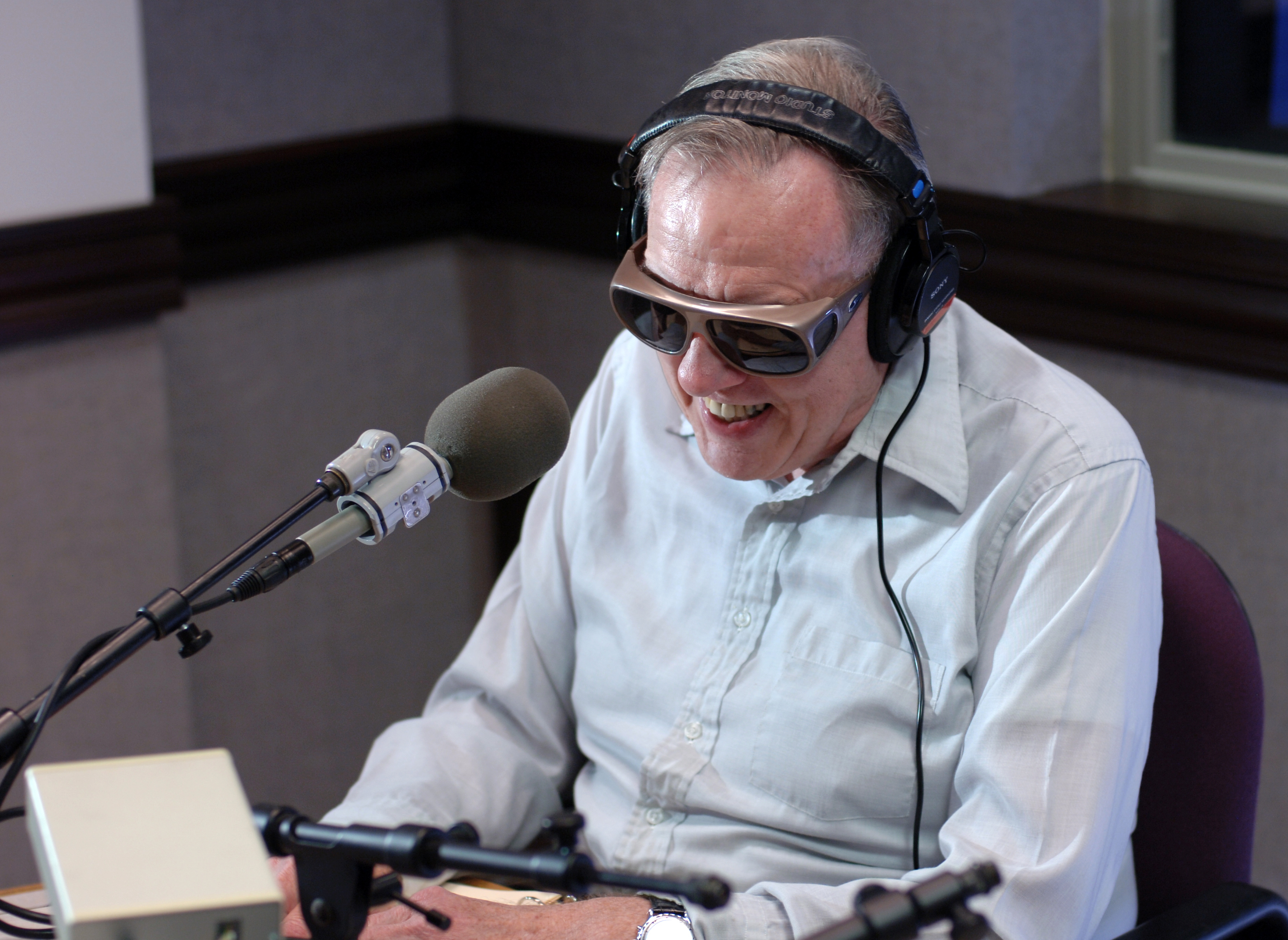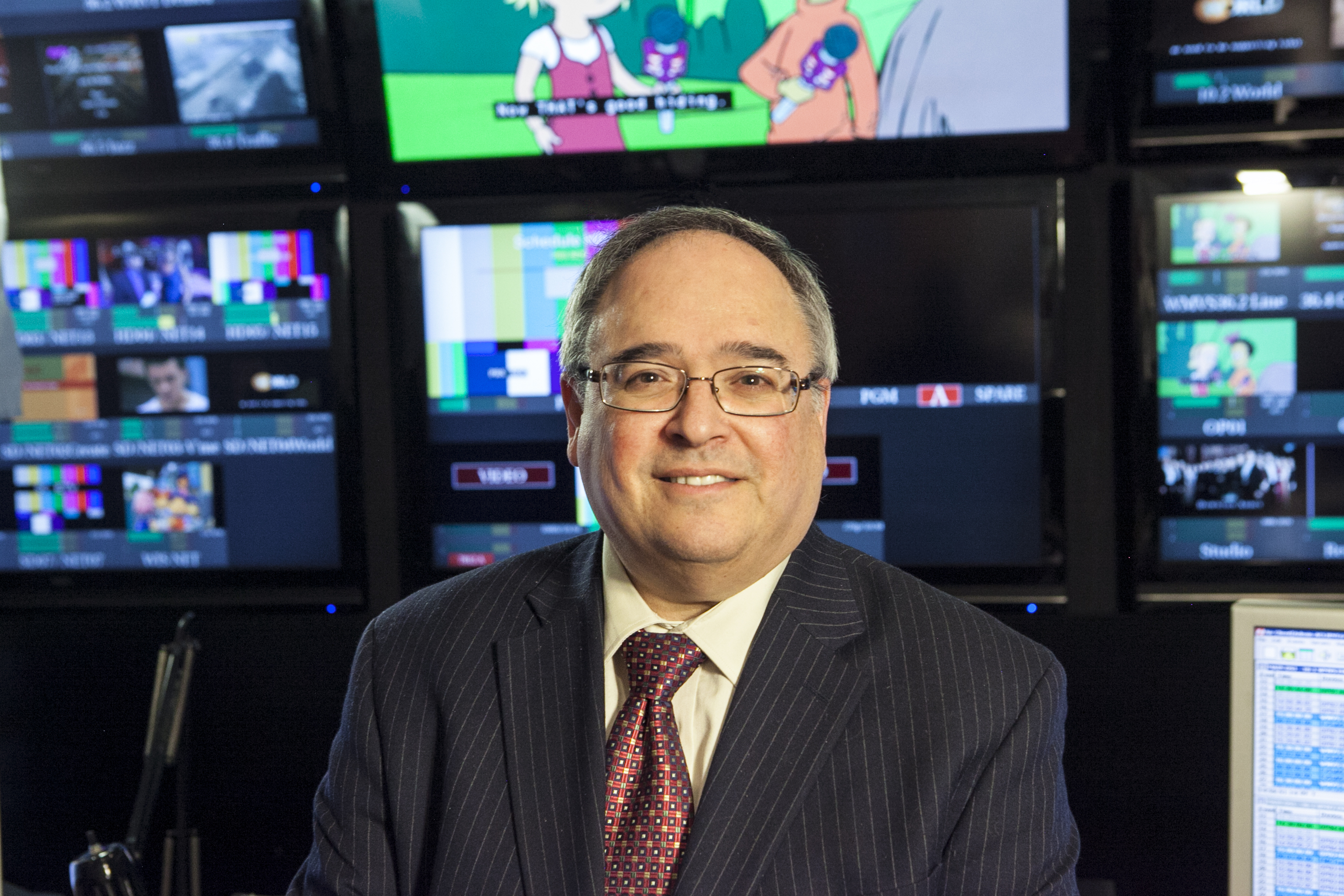People
Send your announcements about hirings, departures, fellowships and new adventures to people@current.org.
NPR tech reporter quits to build ‘a new kind of radio’
The former Planet Money reporter thinks the public radio system isn’t doing enough "to make the jump into the digital age."Eight producers sign on as NGL Fellows, Anderson leaves WUCF and other comings and goings ...
Next Generation Leadership is a CPB-backed project to grow diversity in public media.Washington-area radio journalist Max Cacas dies at 61
"He seemed to know everyone in the business and what was going on in public and commercial radio."David Sonderegger, APM station relations rep, dies at 78
“Dave was the consummate relationship builder,” said APM President Jon McTaggart.Subject of ‘Kind Hearted Woman’ public TV documentary dies at 38
The two-part film aired in April 2013 as a joint production of Frontline and Independent Lens.A host whose commitment to his station goes beyond skin deep
Thanks to a listener donation, Washington, D.C.’s Kojo Nnamdi got inked.CPB elevates Altman, ‘Invisibilia’ gets third host, and other comings and goings in public media
Author Hanna Rosin will join Alix Spiegel and Lulu Miller on the second season of Invisibilia.Two pubmedia leaders honored at Public Radio Super Regional conference
Mark Fuerst and Randy Wright were recognized for their contributions.Ed Walker, WAMU co-founder and longtime host, dies at 83
Walker died just hours after his final broadcast aired on the station.Zachary takes over in Milwaukee, WNYC expands newsroom, and other comings and goings in public ...
Zachary succeeds Ellis Bromberg, who is retiring later this month.Fred Flaxman, longtime programmer and station leader, dies at 75
Flaxman’s television and radio career spanned many years.Minnesota host returns to air after time off to deal with stalker
Mary Lucia had been on hiatus from The Current since April.WNYC creates diversity v.p. position, reddit’s Taylor to host Vermont PBS show, and more comings ...
WNYC has promoted Brenda Williams-Butts into the new position.CPB’s Pat Harrison turns down Fiat awarded as raffle prize
The decision was not a popular one among her family.Third top departure from Greater Public, Bromberg retires in Milwaukee and other comings and goings ...
Ellis Bromberg will leave public broadcasting after almost 40 years.



